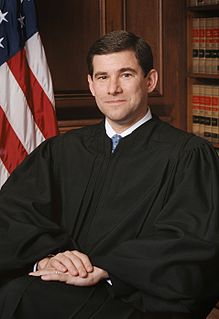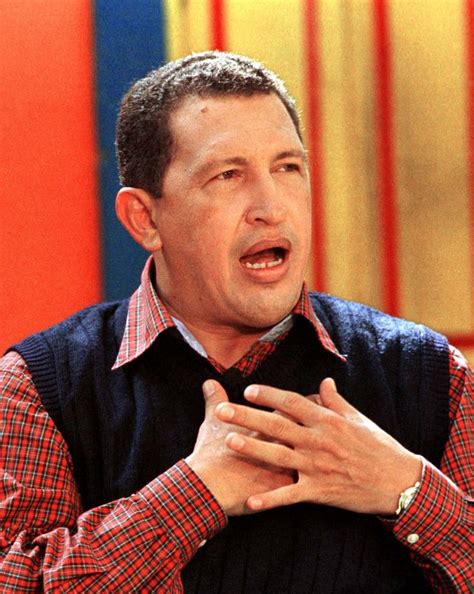A Quote by John Marshall
It is emphatically the province and duty of the judicial department to say what the law is...If two laws conflict with each other, the courts must decide on the operation of each...This is of the very essence of judicial duty.
Related Quotes
The constitution is either a superior paramount law, unchangeable by ordinary means, or it is on a level with ordinary legislative acts, alterable when the legislature shall please to alter it. It is emphatically the province and duty of the judicial department to say what the law is. This is the very essence of judicial duty.
Courts are the mere instruments of the law, and can will nothing. When they are said to exercise a discretion, it is a mere legal discretion, a discretion to be exercised in discerning the course prescribed by law; and, when that is discerned, it is the duty of the Court to follow it. Judicial power is never exericised for the purpose of giving effect to the will of the Judge; always for the purpose of giving effect to the will of the Legislature; or, in other words, to the will of the law.
If Americans loved judicial activism, liberals wouldn't be lying about what it is. Judicial activism means making up constitutional rights in order to strike down laws the justices don't like based on their personal preferences. It's not judicial activism to strike down laws because they violate the Constitution.
If, then, the courts of justice are to be considered as the bulwarks of a limited Constitution against legislative encroachments, this consideration will afford a strong argument for the permanent tenure of judicial offices, since nothing will contribute so much as this to that independent spirit in the judges which must be essential to the faithful performance of so arduous a duty.
[T]he guilty as well as the innocent are entitled to due process of law. They are entitled to a fair trial. They are entitled to counsel. They are entitled to fair treatment from the police. The law enforcement officer has the same duty as the citizen-indeed, he has a higher duty-to abide by the letter and spirit of our Constitution and laws. You yourselves must be careful to obey the letter of the law. You yourselves must be intellectually honest in the enforcement of the law.































